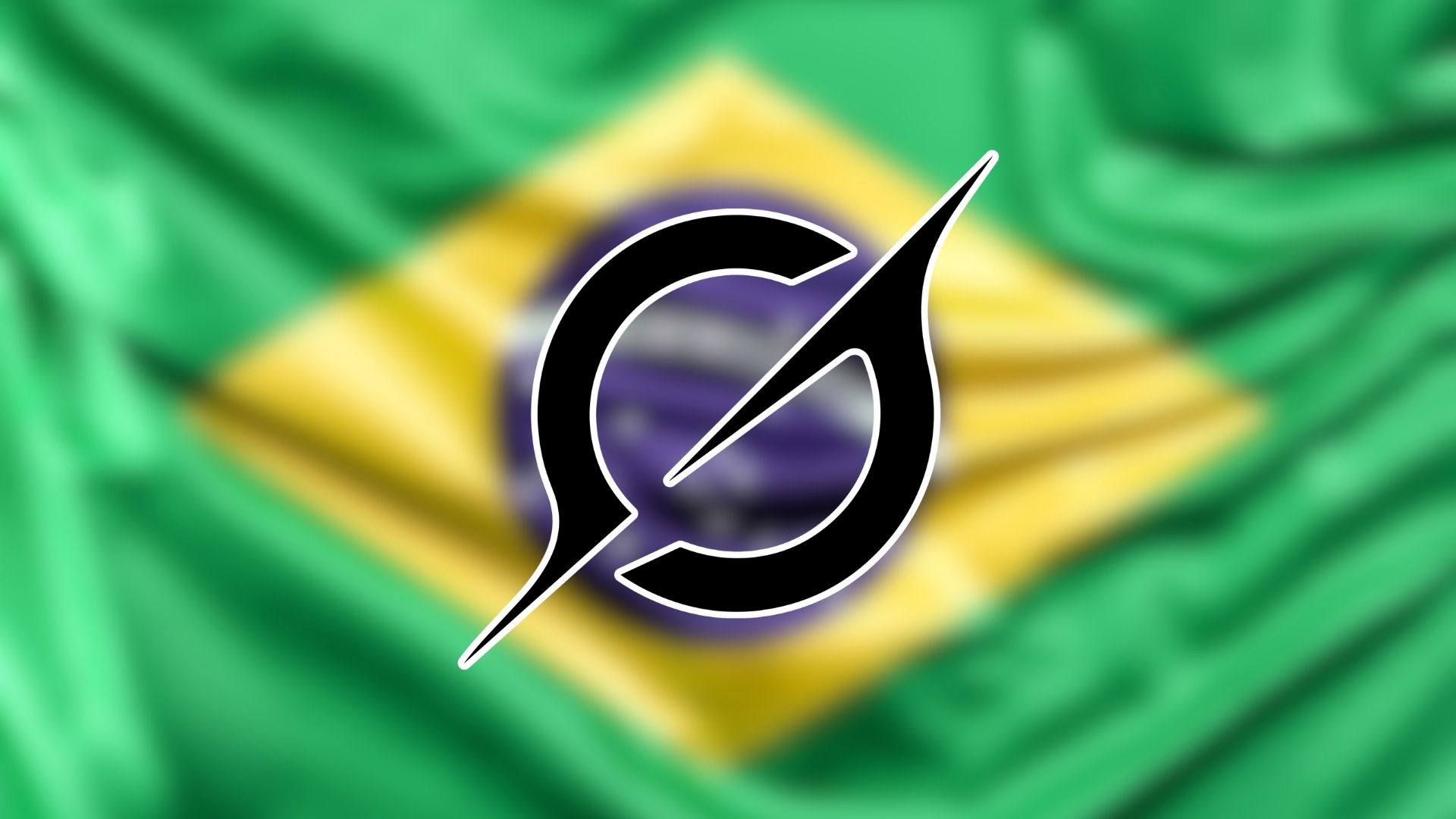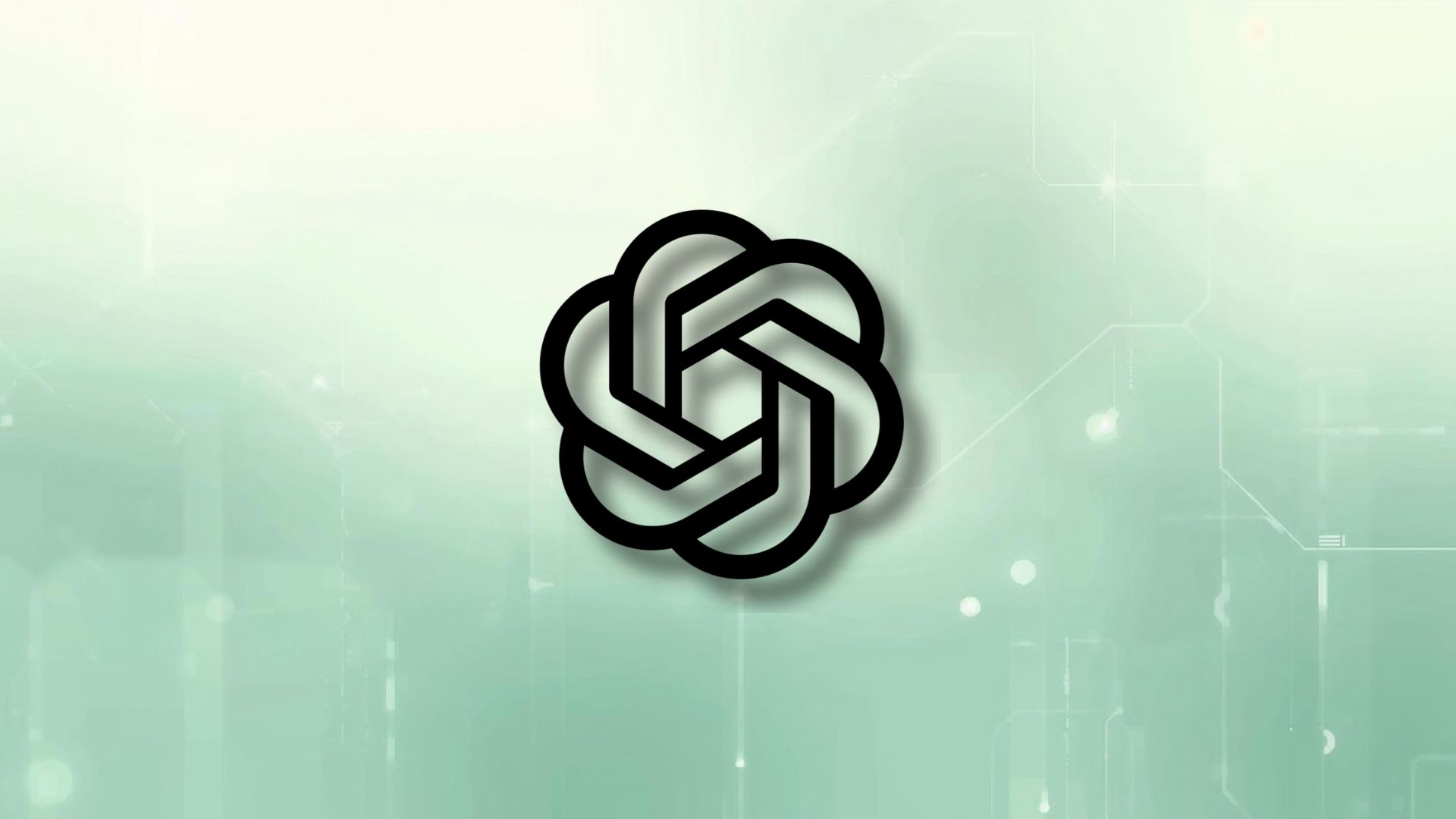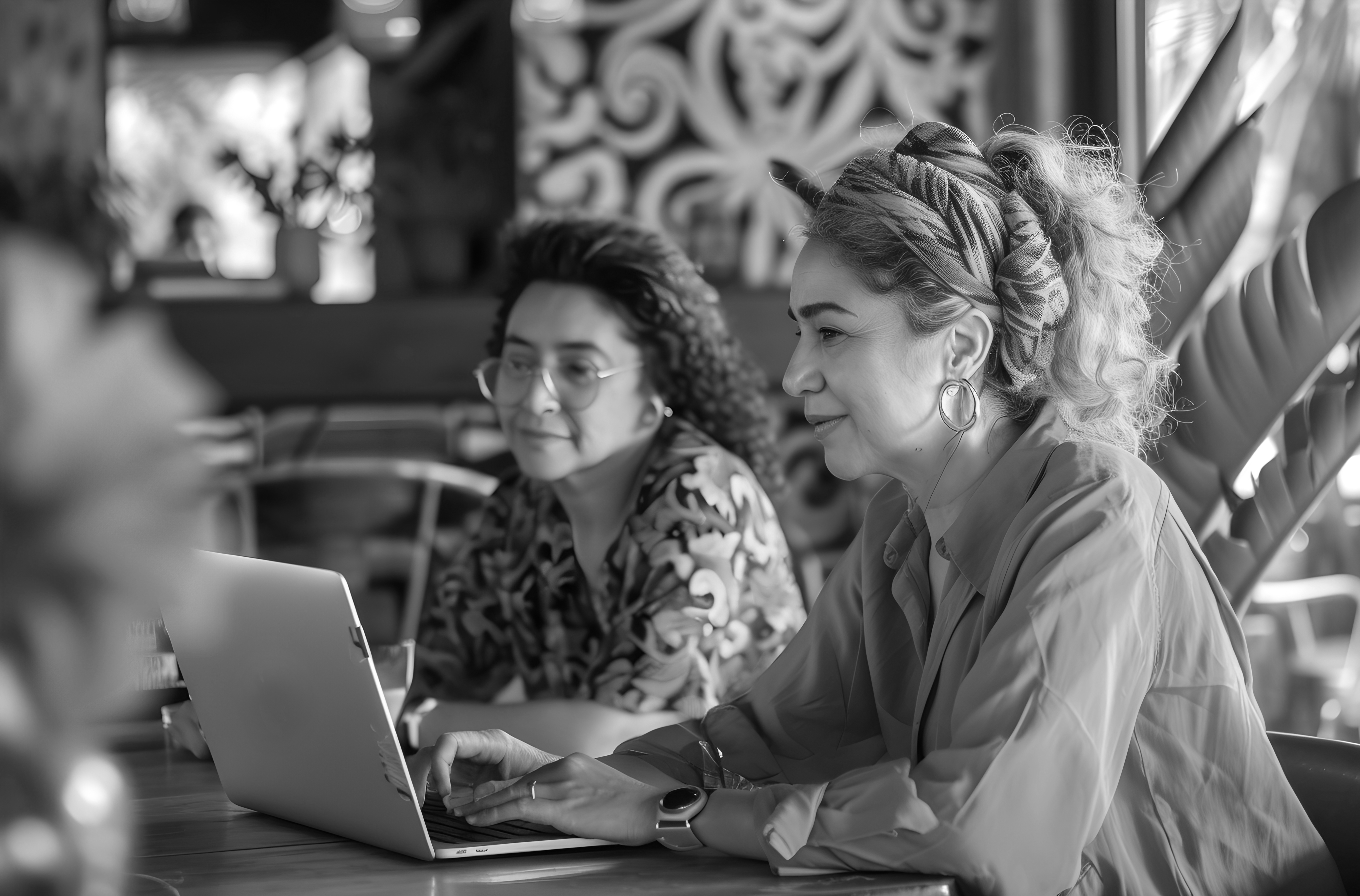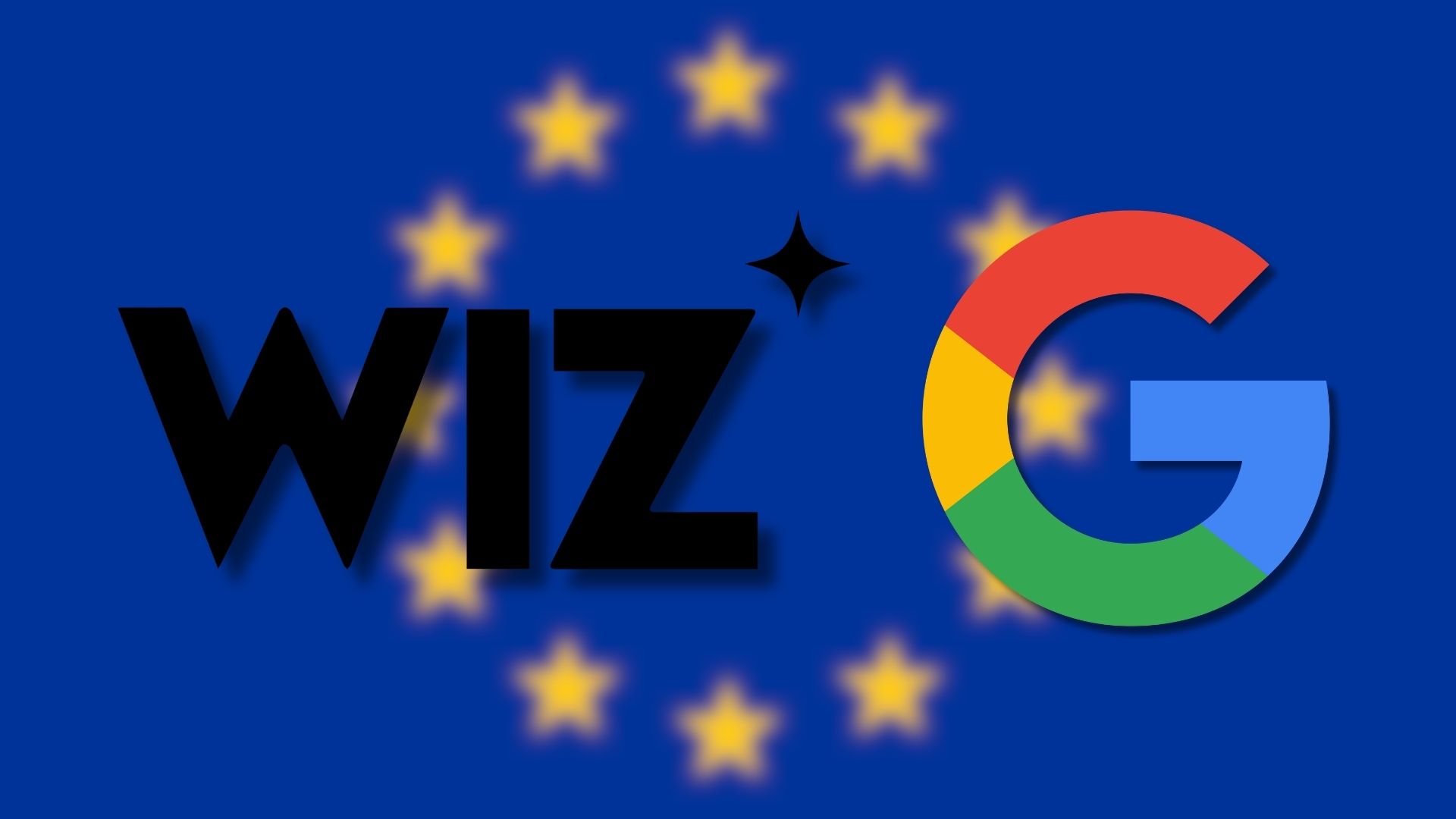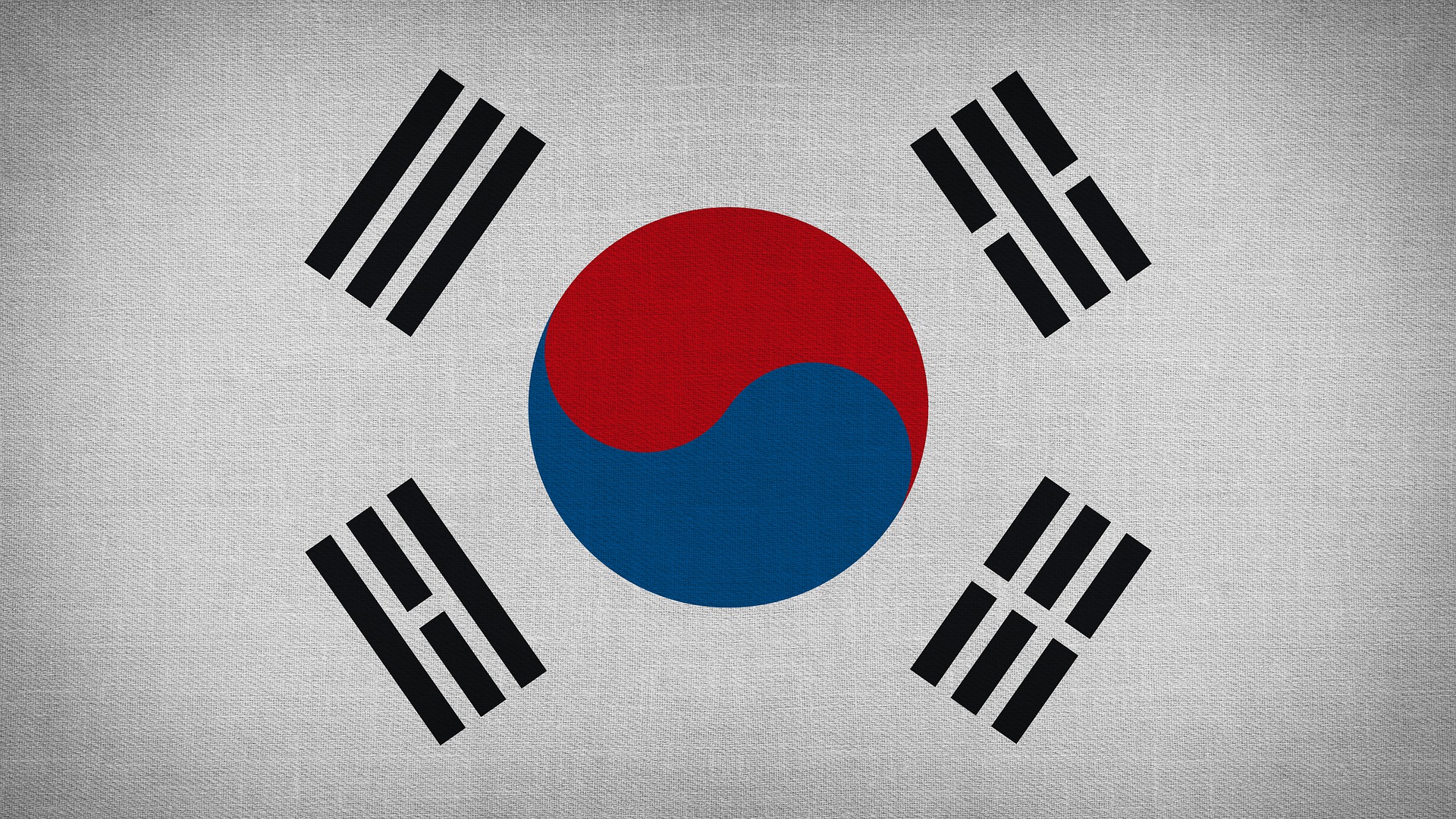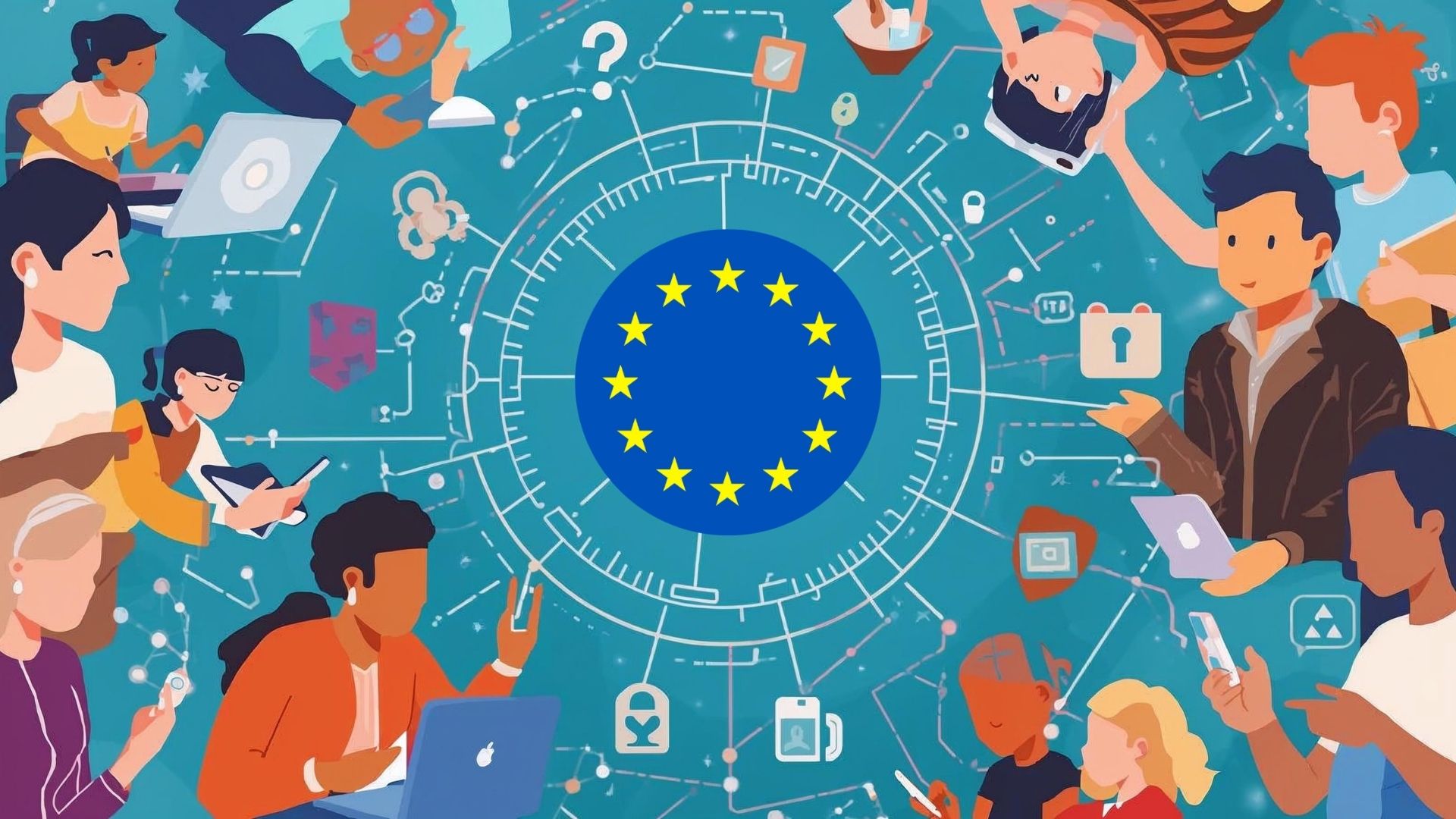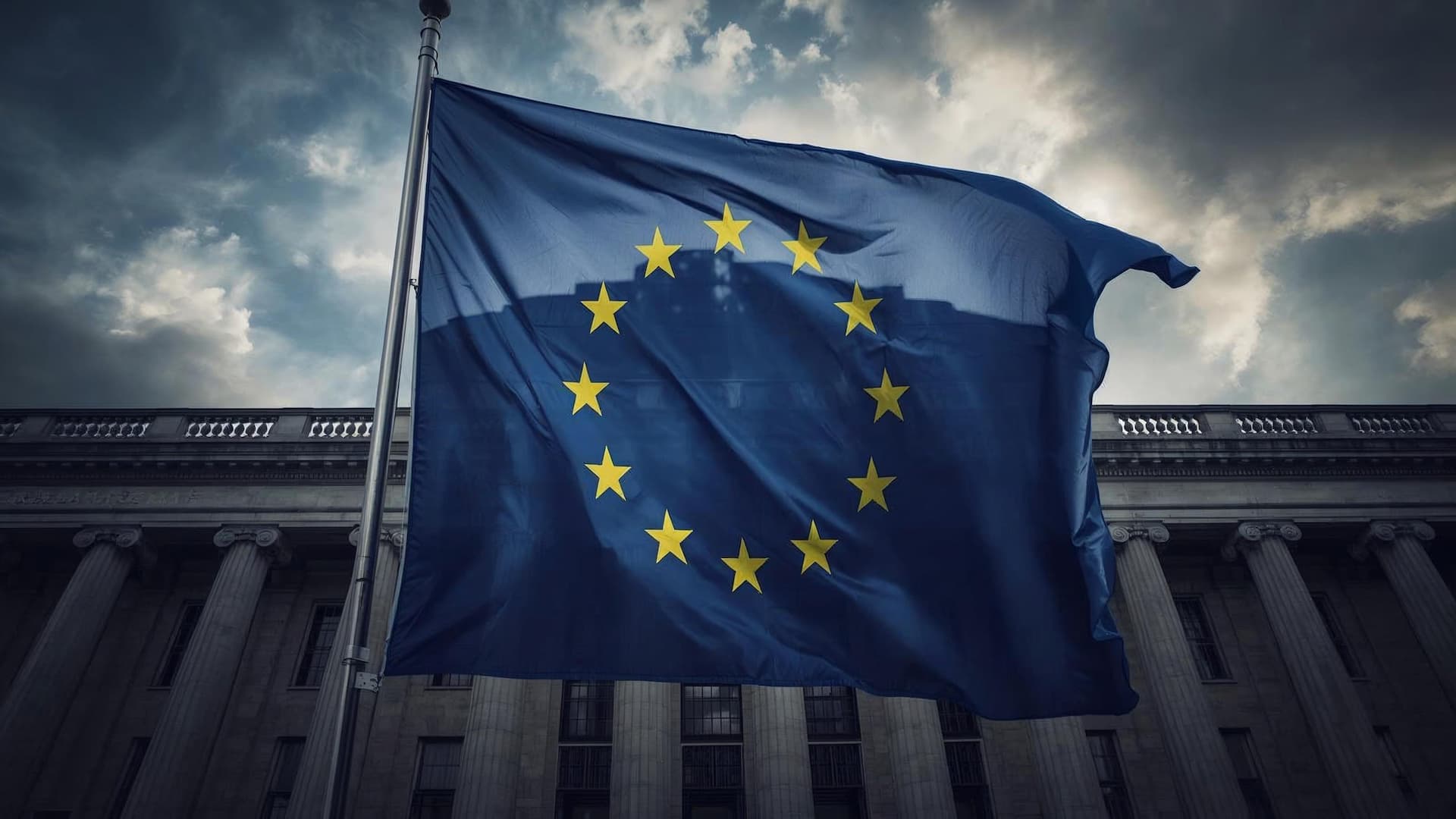AI has moved from experimentation to expectation, yet many enterprise AI rollouts continue to stall. Boards demand returns, leaders approve tools and governance, but day-to-day workarounds spread, risk grows, and promised value fails to materialise.
The problem rarely lies with the technology itself. Adoption breaks down when AI is treated as an IT deployment rather than an internal product, leaving employees with approved tools but no clear value proposition, limited capacity, and governance that prioritises control over learning.
A global B2B services firm experienced this pattern during an eight-month enterprise AI rollout across commercial teams. Usage dashboards showed activity, but approved platforms failed to align with actual workflows, leading teams to comply superficially or rely on external tools under delivery pressure.
The experience exposed what some leaders describe as the ‘mandate trap’, where adoption is ordered from the top while usability problems fall with middle managers. Hesitation reflected workflow friction and risk rather than resistance, revealing an internal product–market fit issue.
Progress followed when leaders paused broad deployment and refocused on outcomes, workflow redesign, and protected learning time. Narrow pilots and employee-led enterprise AI testing helped scale only tools that reduced friction and earned trust.
Would you like to learn more about AI, tech, and digital diplomacy? If so, ask our Diplo chatbot!


